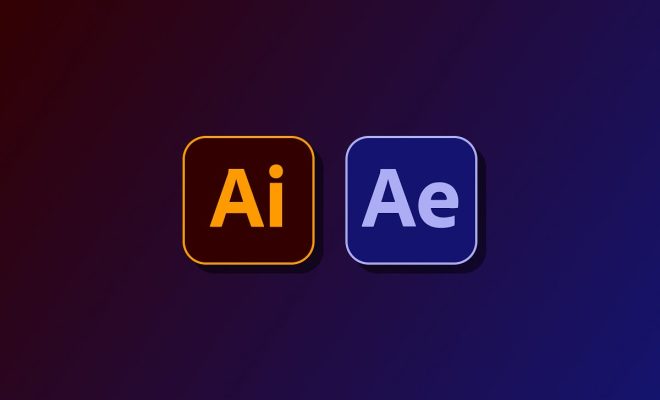Does Your University Really Need a New LMS?

An LMS or Learning Management System is a digital platform used to administer and monitor the delivery of elearning. Many higher education institutions have been deploying LMSs for several years – upwards of a decade, even. However, each year before the new student intake arrives, there is a key question to be asked: is it time that the university acquired a whole new LMS?
The reason that many universities use the same LMS year in and year out is that they like to stick with what they know. There are advantages to this. For example, any edtech related modules in the university’s educator training programs will have been developed to focus on the existing LMS. Changing the LMS would involve rewriting these programs and perhaps bringing in new specialized trainers (at a cost) to deliver new training on an updated LMS.
Many Learning Management Systems also offer a kind of ‘copy and paste’ option whereby educators can simply take the course that they built for one academic year and create a copy of it for the next year. Doing this year by year is so much easier than inputting new course information, contact details, reading materials, assessment deadlines, and so on into a whole new LMS.
Nevertheless, there are several compelling reasons as to why universities ought to think regularly about switching to a new LMS. The first of these reasons is the fact that LMS technology is developing rapidly and so a new LMS may well have plentiful new advantages to offer your students.
For instance, many of the top new LMSs have interactive dashboards that are able to support video streaming and interactive assessments; they also have heightened security. As m-learning (i.e., education delivered via mobile platforms using tools such as educational apps) begins to take off more and more in higher education, several LMSs are also integrating m-learning with their elearning capabilities.
Integrating a new LMS into your university is easy as long as you follow a few golden rules such as testing its functionality and ensuring that it fits within your budget (and that includes budgeting for training, maintenance costs and any unexpected contingencies that might pop up once the LMS is in use). Are you a higher education professional? How long have you been using your current LMS (if any) and do you think that the time is ripe for a change?






